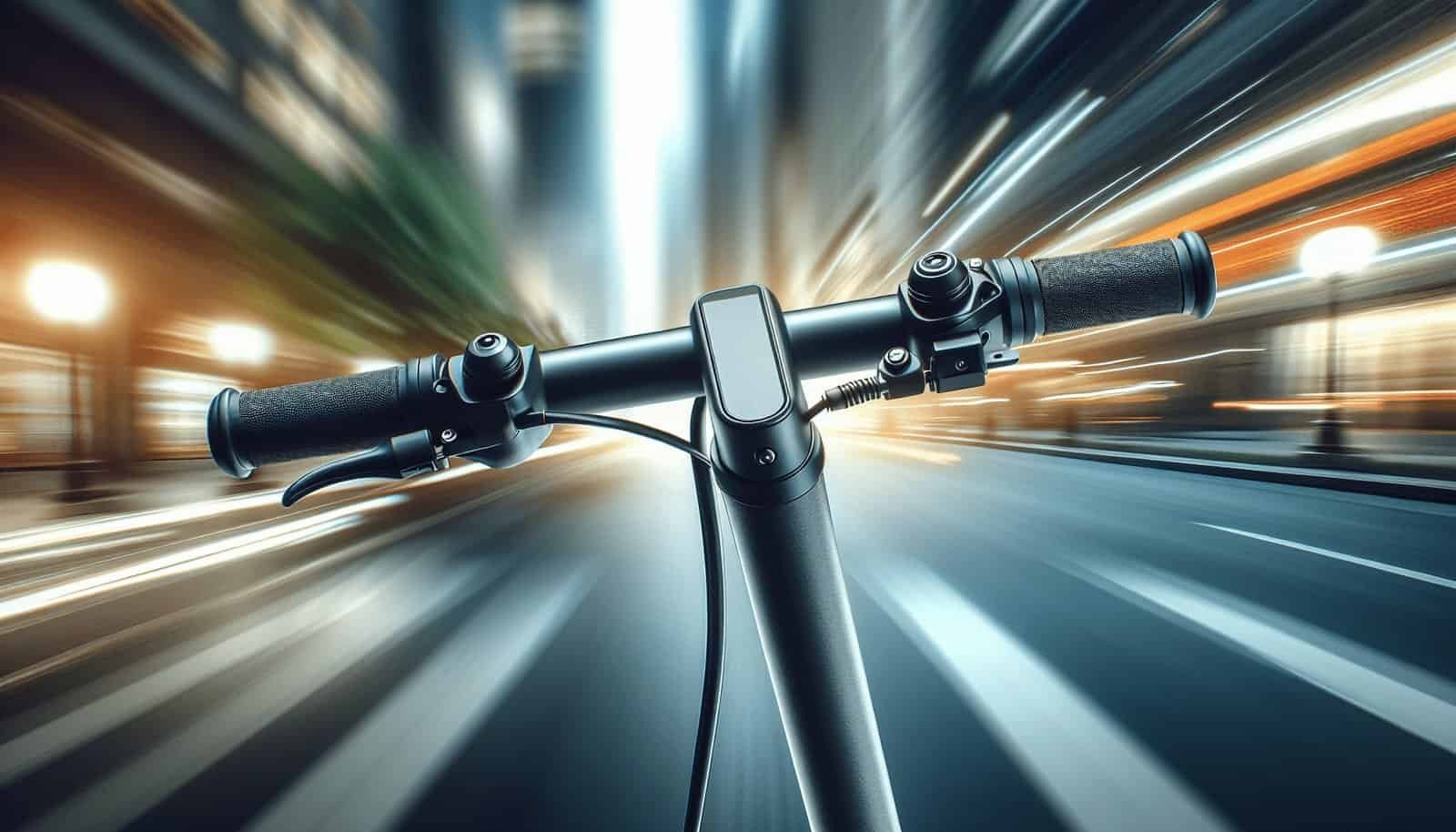Have you ever found yourself wondering how to fine-tune the responsiveness of your electric scooter’s accelerator? It’s a question that might pop up when you’re zipping through the streets and trying to achieve that perfect balance between speed and control. Understanding how to adjust the accelerator’s sensitivity can make your rides smoother, safer, and more enjoyable. Whether you’re a tech-savvy scooter enthusiast or just someone looking to make their daily commute more comfortable, this guide will walk you through everything you need to know.
Understanding Accelerator Sensitivity
Before diving into the adjustment process, it’s crucial to understand what accelerator sensitivity actually means. Essentially, it refers to how your scooter responds when you twist or press the throttle. High sensitivity results in quick acceleration with only slight input, while low sensitivity requires more throttle movement to achieve acceleration.
Why Adjust Accelerator Sensitivity?
Adjusting the sensitivity of your accelerator can have several benefits. It allows you to customize the ride according to your comfort and safety preferences. If you’re frequently riding in crowded areas, a less sensitive accelerator can prevent sudden jerks. Alternatively, a higher sensitivity might be preferred if you often ride in open areas and want rapid acceleration.
Common Signs You Need an Adjustment
Recognizing when it’s time to tweak your accelerator can significantly improve your ride experience. Common signs include feeling that your scooter is either too sluggish or overly jerky when accelerating, or if you’ve recently added a new component that affects how your scooter behaves.
Preparing for Adjustment
Adjusting the accelerator’s sensitivity isn’t a daunting task, but a little preparation beforehand can make the process smoother.
Gather Necessary Tools
Depending on your scooter model, the tools required might slightly vary. Common tools needed are:
- A basic screwdriver set
- A multimeter (optional, for checking electronic components)
- Your scooter’s manual for reference
Ensure Safety
Safety should always be your priority. Make sure your scooter is powered off and, if possible, disconnect the battery to avoid any accidental starts while adjusting.

Understanding Electric Scooter Components Relevant to Sensitivity
The sensitivity adjustment is closely linked to several components of your scooter. Getting familiar with these can make the process easier.
Throttle Mechanism
The throttle is responsible for transmitting your input to the motor. There are two primary types: twist and thumb throttles. Knowing which one your scooter uses is critical for making the right adjustments.
Electronic Speed Controller (ESC)
The ESC acts as the brain of the electric scooter. It translates the throttle input into motor action and can often be programmed or adjusted to change how the scooter accelerates.
Adjusting the Sensitivity
Now that you’ve got the groundwork laid out, let’s explore how to adjust the accelerator’s sensitivity across different scooter models and methods.
Software-Based Adjustments
Some modern scooters allow users to tweak settings through mobile apps or onboard displays.
Using the Mobile App
- Connect your scooter: Ensure your scooter is on and Bluetooth is enabled.
- Open the app: Launch the application compatible with your scooter.
- Locate sensitivity settings: Navigate through the menu to find throttle sensitivity or acceleration settings.
- Adjust as needed: Adjust the settings as per your preference, doing so incrementally to find the right feel.
Manual Adjustments
For scooters without digital options, manual adjustments involve physical interaction with the scooter components.
Access the Throttle
- Locate the throttle casing: Usually found on the handlebars.
- Open the casing: Use a screwdriver to carefully open it.
- Adjust mechanical components: Depending on the model, you might find screws or knobs to adjust. Refer to your manual for specifics.
Program the ESC
Some experienced users might opt to reprogram the ESC for finer adjustments.
Access Programming Mode
- Locate the ESC: Typically situated near the battery or motor.
- Follow manual instructions: Engage programming mode as per your specific model’s guide.
- Adjust settings: Change acceleration curves or other relevant settings.
Trial and Error
After adjustments are made, take a test ride to see how the new settings feel. Be prepared to go through a few iterations to get it just right.

Troubleshooting Common Issues
Sometimes, even after adjustments, things might not feel quite right or other issues might pop up.
Scooter Not Responding Properly
If your scooter isn’t responding correctly to throttle inputs:
- Check connections: Ensure all cables and connections are secure and not damaged.
- Revisit settings: Double-check the sensitivity settings and make sure they’re saved correctly.
Unexpected Jerking or Delay
Excessive jerking or delay in response can be alarming, but usually points to incorrect settings or potential faults.
- Re-evaluate adjustments: Sometimes reverting to defaults and trying again can help.
- Inspect the throttle mechanism: Physical obstructions or wear can cause uneven responses.
Maintaining Your Electric Scooter for Optimal Performance
Regular maintenance goes a long way in ensuring your scooter stays in top shape and your sensitivity settings function as intended.
Regular Check-Ups
- Inspect mechanical parts: Regularly checking and lubricating moving parts can prevent stiffness.
- Battery health: Ensure your battery is in good condition as it can affect overall performance.
Software Updates
Keeping your scooter’s firmware updated can introduce new features or fixes that enhance throttle sensitivity management.

When to Seek Professional Help
Not every issue can be (or should be) tackled at home. Knowing when to call in a professional can save you time and prevent further damage.
Recognizing Beyond-DIY Issues
- Persistent problems: If issues persist after multiple attempts, it might indicate a deeper issue.
- Complex repairs: If you’re not comfortable with the technical aspects, a professional can ensure safe and effective adjustments.
Conclusion
Adjusting the sensitivity of your electric scooter’s accelerator might seem complicated at first, but with a clear understanding and a little patience, it becomes a manageable task. By customizing your ride to suit your personal preferences and riding conditions, you’ll not only enhance your riding experience but also improve your scooter’s performance and longevity. Remember, the key is in the balance – gaining confidence through small, methodical changes rather than sweeping alterations. Happy riding on your newly tuned-up electric scooter!


